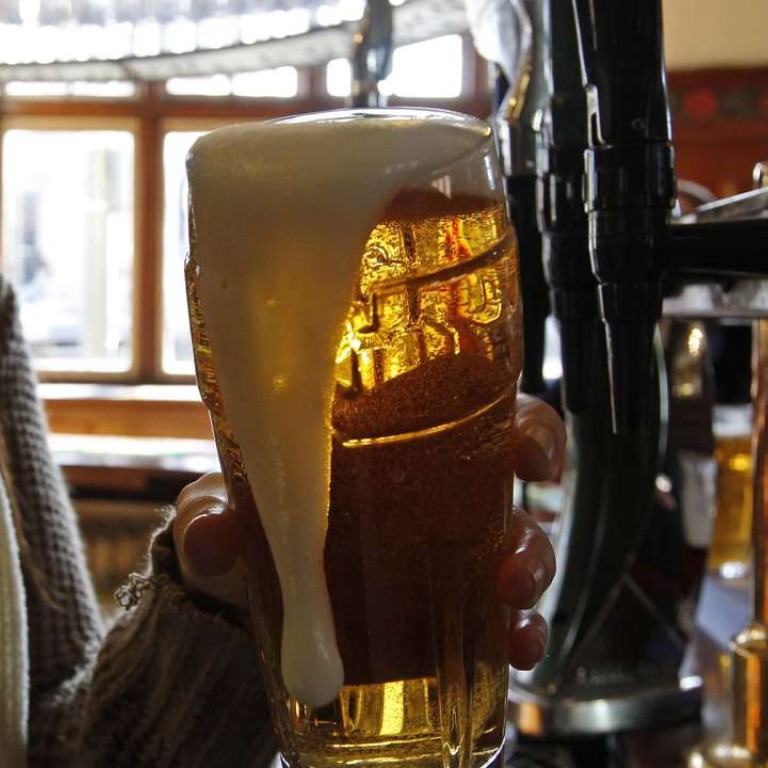
Important to protect young people from alcohol-related harm
It is time for the government to rethink its alcohol policy, especially when there is a surge in student suicides.
According to official data from the Narcotics Division, among some 146,000 students surveyed in 2014/15, up to 56.2 per cent had drunk alcohol at least once, compared to 56 per cent in 2011/12.
The increase may sound small. But whereas the proportion of students who have ever smoked further decreased to 7.4 per cent from 8.8 per cent, it reminds us that little has been done to curb student drinking amid the World Health Organisation’s warning of a predicted upward trend of alcohol consumption worldwide.
Unsurprisingly, underage drinking persisted with the proportion of alcohol-taking students increasing with age, from 21.9 per cent in those aged 10 or below, to 69.7 per cent in those aged 17 to 18. New alcohol consumption guidelines issued by the UK Department of Health in January state that drinking any level of alcohol carries a health risk for everyone. Young people whose mental and physical faculties are still to be fully developed are even more vulnerable to the risks of suffering negative health and social outcomes of alcohol use, such as poisoning, unintentional injuries, unprotected sex and adverse brain development.
Alcohol is a depressant, and there is evidence that points to a relationship between adolescent alcohol use and mental health problems. American research has shown that students who drink or use drugs are much more likely to have suicidal tendencies than those who do not. It has also suggested that the strongest predictor of suicide is alcoholism, not a psychiatric diagnosis.
Just as with substance abuse, suicides are preventable. In fact, the WHO recommends introducing alcohol policies to reduce its harmful use as a measure to prevent suicides. While we acknowledge that the causes of suicides are complex, we urge the government to assess its alcohol policy and the extent of its potential impact on our children.
It is the purpose of the Life Education Activity Programme (LEAP) to empower young people to build a healthy, safe and positive life and become fulfilled and contributing adults. By helping young people develop self-esteem and a positive outlook on life through our sequential drug prevention education programmes, we aim to enhance their ability to resist the temptation of drugs, including alcohol and tobacco.
We look forward to a concerted effort to protect young people from alcohol-related harm.
Heidi Lau, executive director, Life Education Activity Programme (LEAP)

